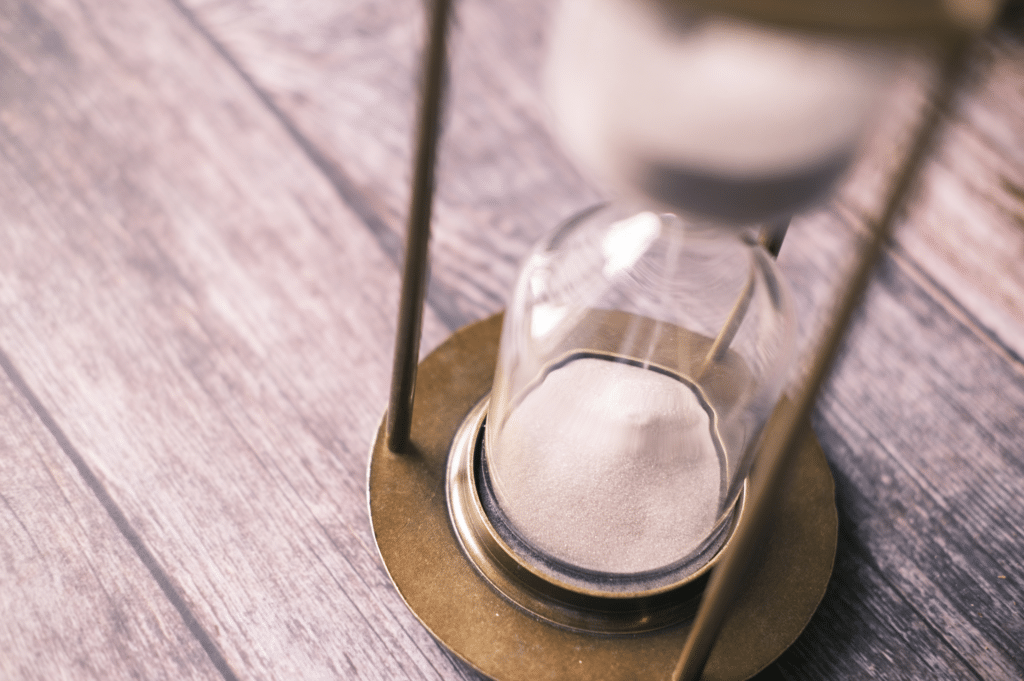Everyone’s body processes methadone at a different rate.
Medication-assisted treatment (MAT) that involves methadone maintenance helps patients feel relief from opioid withdrawal symptoms. Managing these symptoms allows patients to utilize counseling and other resources to address their addiction from a psychological and emotional standpoint.
However, some people considering methadone treatment worry about methadone detection in drug tests. Some are concerned about the factors affecting methadone metabolism and how it works to treat addiction. Keep reading to learn more about how the body uses this life-saving medication to combat substance use disorder.
How does Methadone Treatment Work?
Methadone treatment helps relieve withdrawal symptoms associated with opioid use disorder. If you try to stop using opioids without MAT, you may feel symptoms such as:
- Restlessness, anxiety or agitation
- Sleep disturbances
- Muscle aches
- Fever, sweating or chills
- Appetite loss
- Watery eyes and runny nose
- Nausea and vomiting
These symptoms alone usually do not cause severe harm. However, mixed with other health complications, opioid withdrawal can prove fatal for some. In most cases, withdrawal symptoms feel very uncomfortable. They make it difficult to commit to and focus on the other elements of an opioid treatment program.
Cravings for opioids become intense when you stop taking them. When you take methadone, it satisfies your brain’s need for opioids so that you will have fewer withdrawal symptoms. You can feel more comfortable during recovery, so you can work towards repairing your life.
What are Some Factors Affecting Methadone Metabolism?
Drug metabolism refers to how quickly your body absorbs and eliminates a substance. Some people with fast metabolisms will clear methadone faster than those with slower metabolisms. Regardless of the speed of your metabolism, methadone is metabolized exclusively by your liver.
Many factors can alter methadone metabolism in your body, especially other substances. Ingesting alcohol and other drugs can increase or decrease how quickly your body uses methadone. Some substances can even make you feel withdrawal symptoms sooner because they reduce the longevity of your methadone dose.
There are several interactions that other drugs have with methadone. While they are still under close study by researchers, here are some common combinations to avoid:
- Alcohol
- Other opioids
- Benzodiazepines
When taking methadone, avoid any substance that can further slow the central nervous system. These could potentially cause overdose in people who are just starting their medication.
Other medications can decrease methadone levels in the body, such as:
- Antiretroviral drugs (nevirapine, ritonavir)
- Phenytoin and carbamazepine
- Risperidone
- Rifampicin
- Fusidic acid
Research has also found that long-term alcohol and cigarette smoking can reduce serum methadone levels in some people. It is best to speak with your medical provider about these specific substance interactions before you begin taking methadone.
How to Control Factors Affecting Methadone Metabolism
It is not always possible to control your metabolism or how quickly your body absorbs and eliminates medication. These factors are commonly genetic and hereditary. However, you should know certain things about the medication before you begin taking it.
What Does Methadone Treatment Feel Like?
When you take the proper amount of methadone, you should notice these effects:
- You have fewer or no withdrawal symptoms
- The methadone does not cause euphoria or impairment
- You get fewer or no cravings for opioids
You may still feel withdrawal symptoms during the first stage of treatment. You and your doctor will work together to find a therapeutic medication dose that achieves the abovementioned effects. The methadone will also need to build up in your system to provide its full benefits.
How Long Does It Take Until Methadone Is Out of My System?

Everyone has a unique experience with methadone’s appearance in their system. Methadone stays in a person’s system for a shorter time when they have a higher level of exposure to opioids. In most cases, methadone provides relief from opioid withdrawal symptoms for 24 to 36 hours.
The medication can stay in your system for anywhere from eight to 59 hours. Doctors recommend a supervised taper down of the medication dosage when a patient plans on stopping treatment for any reason.
Can Methadone Cause a False Positive Test in a Drug Screening?
While methadone counts as an opioid, it does not appear in most urine screenings. The testing organization must complete a specific drug screening for opioids to detect methadone in your system.
When you take methadone as part of a MAT program, you also receive protection under the Americans with Disabilities Act. Since you have a provider’s approval to take methadone, a workplace cannot deny you employment based on methadone in your system.
While controlling the factors affecting methadone metabolism is not always possible, knowledge is crucial. Understanding how the drug works within your body will help you learn how you handle every dose. For some, it is as simple as monitoring body heat and hydration. For others, it may require dietary and lifestyle changes.
Methadone Treatment at Health Care Resource Centers
If you struggle with opioid misuse and want to get treatment, we are here to assist you in getting started. Our specialized medical providers and nurses understand the disease of addiction and are here to help you.
Recovery is possible for everyone; you just have to take the first step and reach out today. Before you know it, you will be rebuilding your life and leaving addiction in the past. Health Care Resource Centers helps patients across New England get relief from opioid use disorder. We welcome you to schedule an intake today using our online contact form. Alternatively, call us today to discuss any questions you may have.




